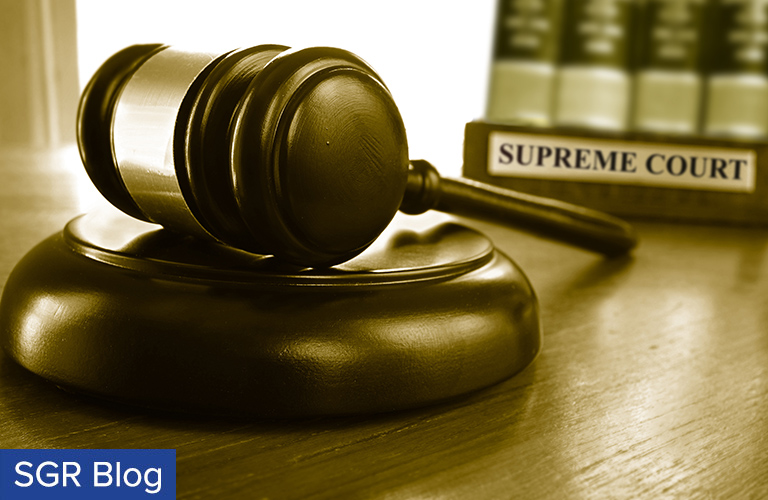
A government cannot copyright a statute, but what about the annotations to the statute? In Code Revision Commission v. Public.Resource.Org, Inc., Case No. 17-11589 (decided Oct. 19, 2018), the United States Court of Appeals for the Eleventh Circuit held that the annotations to the Georgia Code were part of the Code and could not be copyrighted by the State of Georgia.
Like many state codes, Georgia’s Official Code is published with annotations including describing relevant case law applying the provisions of the Code. Those annotations are prepared by a private company under contract with the State of Georgia. That company also has a license to publish the Code and its annotations. The State of Georgia holds the copyright for those annotations. The Georgia General Assembly annually approves revisions to the Code. The annotations are deemed a part of the Code although they may not limit or expand the construction of any Code section. Opinion, p. 6.
Another private entity began to publish a complete version of the Georgia Code including the annotations. Although the State of Georgia did not claim a copyright in the text of the statutes, it claimed a copyright in the annotations and filed a lawsuit seeking to prevent the unauthorized publication of the annotations. The State of Georgia prevailed in the trial court. However, the Eleventh Circuit reversed.
The Eleventh Circuit relied upon old Supreme Court precedents recognizing that the text of statutes and judicial opinions were not copyright-able because the public has a right of access to published laws and court decisions. The Eleventh Circuit emphasized that the General Assembly embodied the collective sovereignty of the people. Consequently, the State of Georgia could not invoke copyright law to limit public access to materials it created while exercising those sovereign powers. Although the annotations may have been initially prepared by a private party, the annotations are annually approved by the General Assembly and by statute became a part of the Official Code. Therefore, the annotations are deemed a part of the law and not copyright-able.

